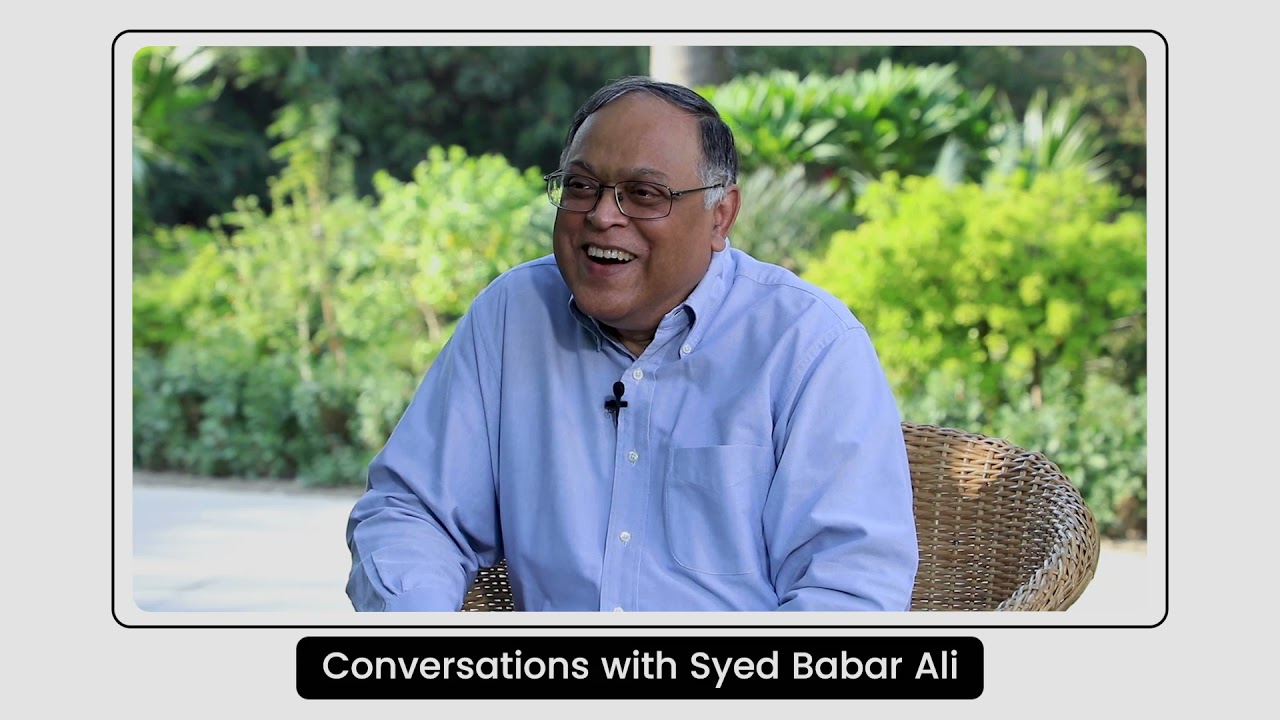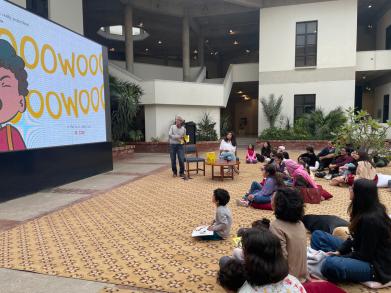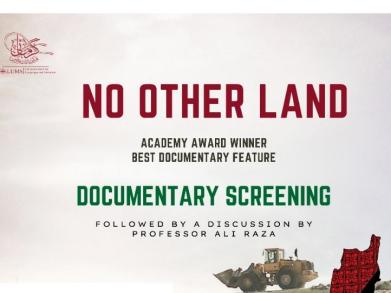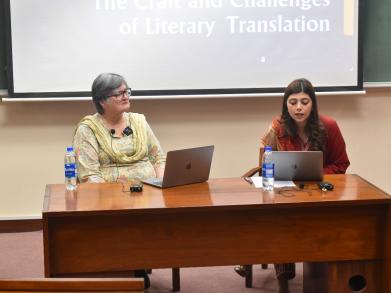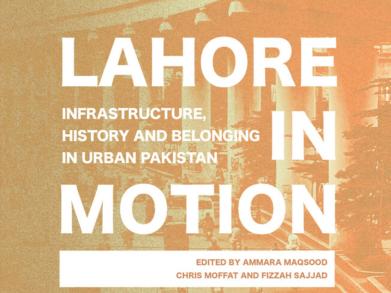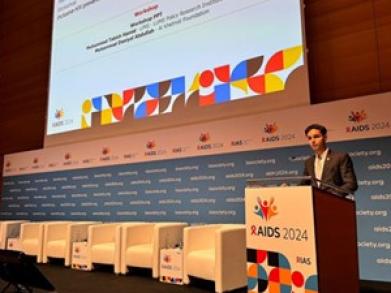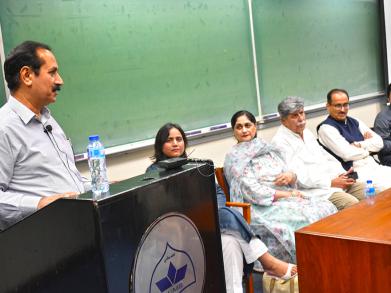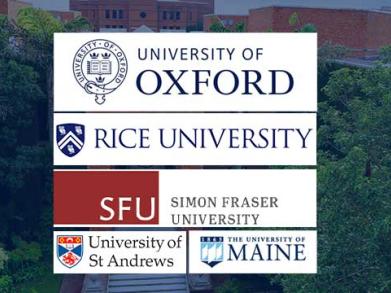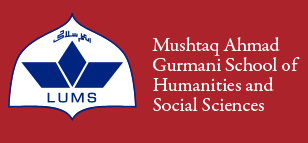Documentary Film Screening of Buhay Khulay Rakhi (Keep the Doors Open)
The Gurmani Centre for Languages and Literature at LUMS recently hosted a screening of the upcoming documentary Buhay Khulay Rakhi (Keep the Doors Open), directed by Nida Mehboob and produced by historians Dr. Ali Usman Qasmi, Dr. Ilyas Ahmad Chattha, and Dr. Ali Raza. The film sheds light on the harrowing stories of trauma, identity, and belonging experienced by those separated from their families during the Partition of Punjab in 1947.
While numerous accounts of the Partition's violent upheavals have been chronicled, this documentary provides a particular focus on the children orphaned or abandoned amid the chaos—those temporarily adopted by others and later repatriated to Pakistan based on their religious affiliation. As communities were divided and displaced by religious divides, many of these children found themselves as wards of a newly independent state, a fate that has remained largely untold until now.
Through personal testimonies, archival material, and expert commentary, the film uncovers a significant chapter in history, offering a profound understanding of the Partition’s lasting effects on both individuals and communities. The poignant stories of Qari Farooq and Fazal Ahmad—two children abandoned during Partition and later adopted by Sikh and Dalit families—highlight the complexity of human experiences during this tragic period.
Following the screening, an insightful panel discussion took place, moderated by Dr. Ali Raza. The panel featured Nida Mehboob, the filmmaker, and Khayyam Chohan, an historian and creator of the Desi Infotainer YouTube channel. They discussed the major challenges faced during the making of the documentary, the untold stories of families torn apart by the Partition, and ongoing efforts to bridge gaps and reunite lost families.
Khayyam Chohan's Desi Infotainer channel, which plays a prominent role in the documentary, has become an exceptional platform for reconnecting families separated by Partition. Through the comment sections of his videos, Chohan has created an online space where viewers can share personal stories, reconnect with lost family members, and engage in cross-border dialogue. His work is not only about commemorating the Partition, but also providing a platform for reflection, reconciliation, and healing.
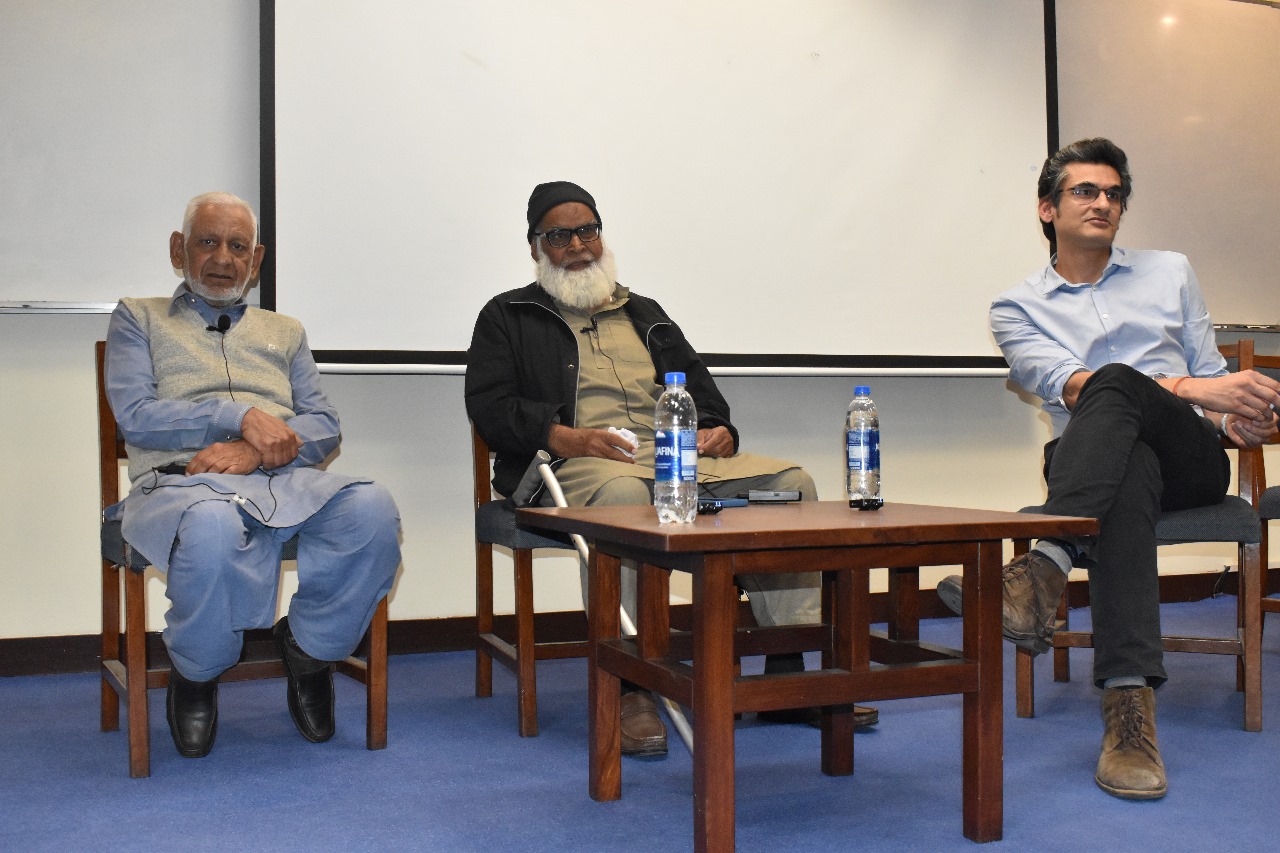
During the panel discussion, Chohan shared how his channel offers a rare outlet in Pakistan's digital space for recounting personal Partition narratives—stories that often fall outside the dominant historical narratives shaped by national politics. The overwhelming response in the comment sections of his videos has created a collective space for mourning across national boundaries, while also allowing for appreciation and reflection. Stories of Muslim children being taken in by Sikh families, and vice versa, stand as a testament to human solidarity amidst violence and displacement, often evoking gratitude and self-reflection in viewers.
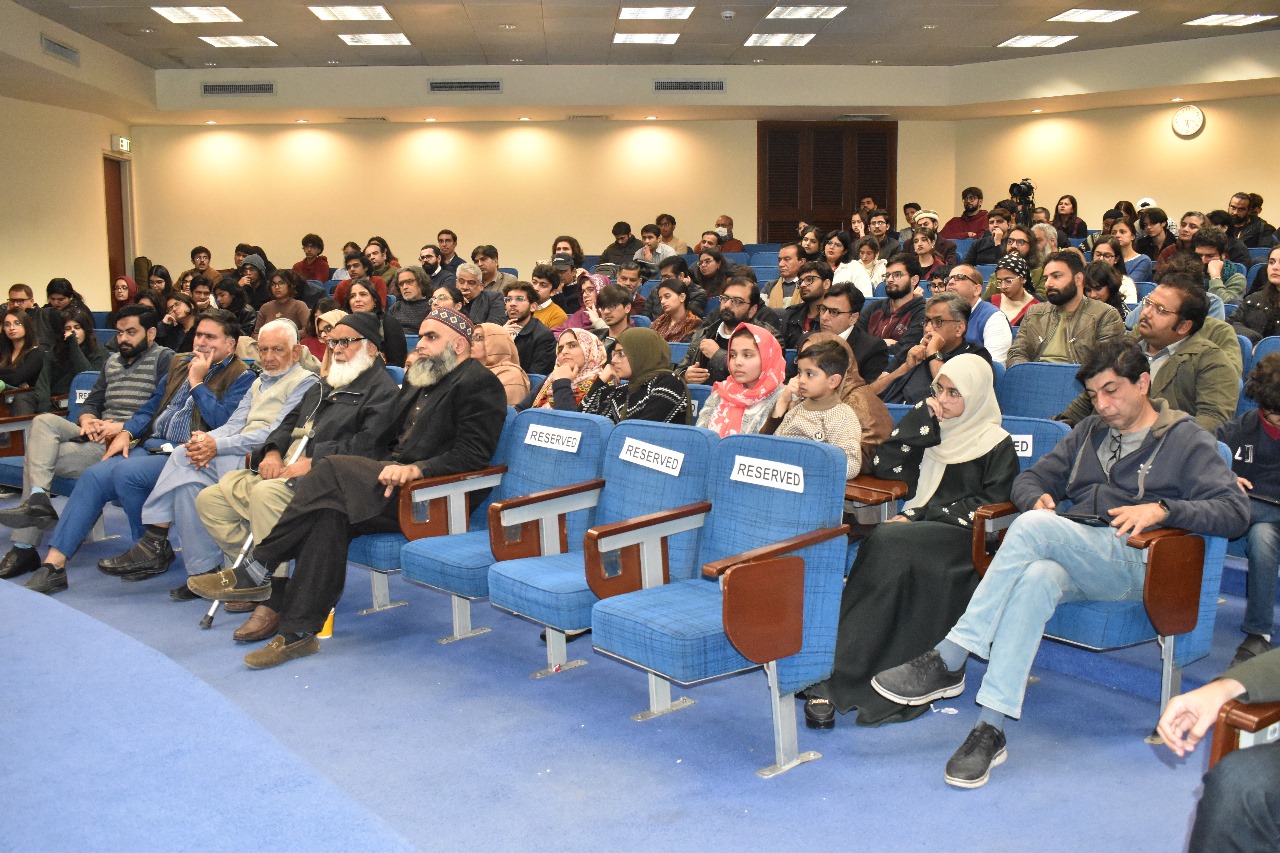
Chohan’s lament that social media came "too late" for many Partition survivors emphasizes a crucial point: while many who lived through the Partition have passed on, their stories and memories are not lost. The digital era presents a second chance to document, share, and process the painful experiences of the past—even if only through digital reconnections. As Chohan emphasized, for the historical record, eyewitness accounts and personal experiences are irreplaceable.
The documentary serves as a vital acknowledgment of a shared history, one that has largely been left unaddressed in the public sphere. The Partition was not merely a political upheaval; it was a deeply personal and traumatic event for millions. Efforts like this documentary provide a necessary counter-narrative to the mainstream portrayal of Partition as a sacrifice for the creation of nations.
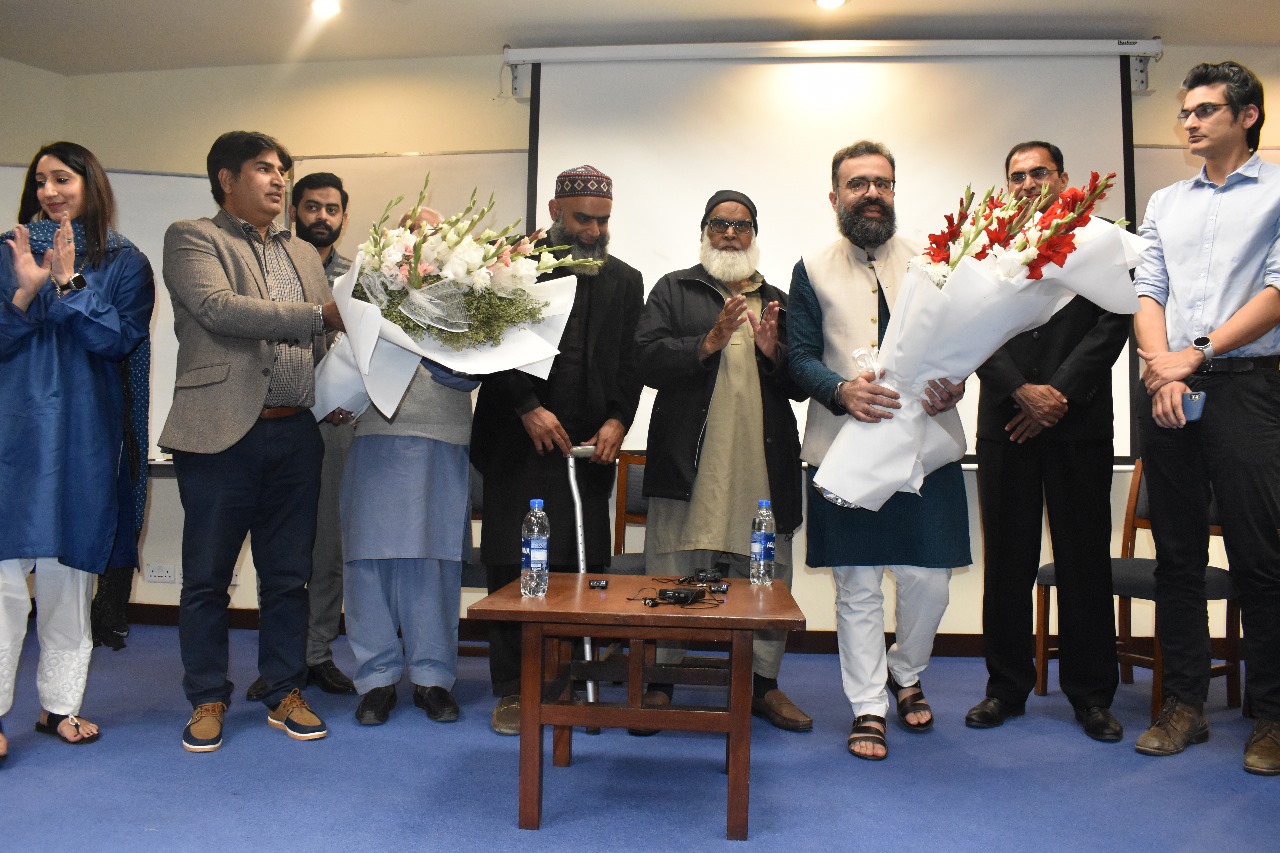
As the discussion turned to the political implications of Partition, both Chohan and Mehboob pointed out that the trauma of those who lived through it continues to shape identity and belonging for generations. Religion, they argued, became a divisive tool used by politicians to justify bloodshed and the drawing of arbitrary borders. The discussion reinforced the idea that the real story of Partition lies in the lives of ordinary people—the families torn apart by violence, and the lingering trauma of displacement that endured long after the borders were drawn.
In his closing remarks, Chohan noted that the digital age offers an opportunity for younger generations to understand the costs of nationalist and sectarian aspirations. The horrors of Partition—driven by political agendas—serve as a grim reminder of the destructive potential of division based on identity. As tensions continue to flare between India and Pakistan, initiatives like Desi Infotainer and others, such as Nasir Dhillon's Punjabi Lehar, remind us of the critical need to foster understanding, solidarity, and empathy across borders.
The session concluded on a hopeful note, with a shared commitment to continuing the work of preserving and sharing these essential stories. Despite its flaws, the digital space provides a platform for the lost voices of Partition to be heard and offers future generations a chance to reflect on the lasting human costs of division and conflict.
This event at LUMS was a powerful reminder that history is not just about politics; it is about people. In remembering their stories, we take one step closer to healing and reconciliation.





